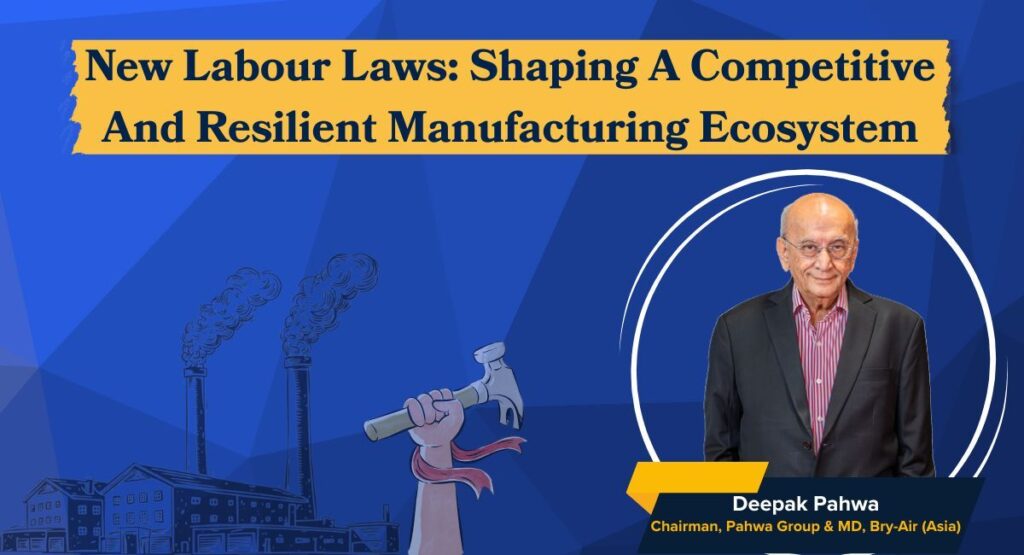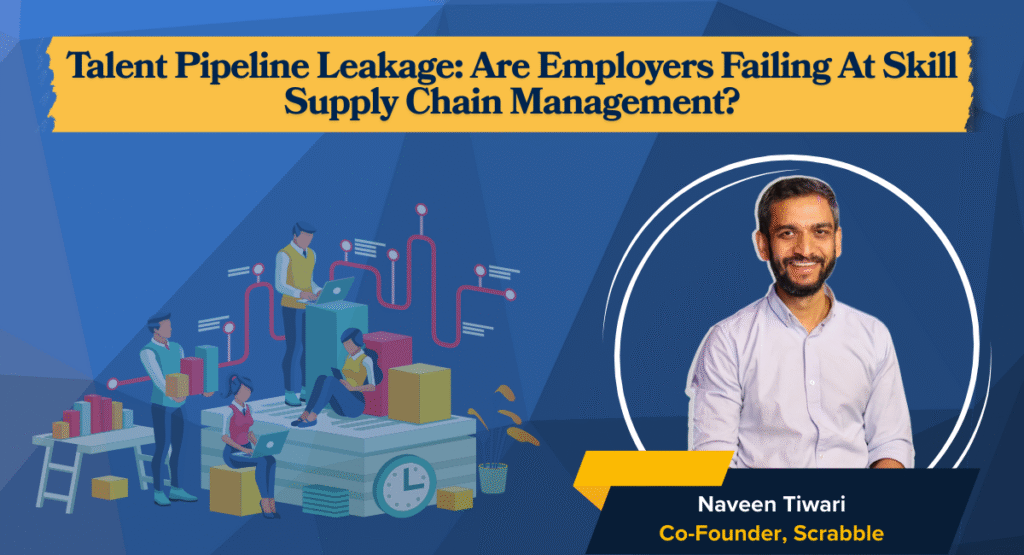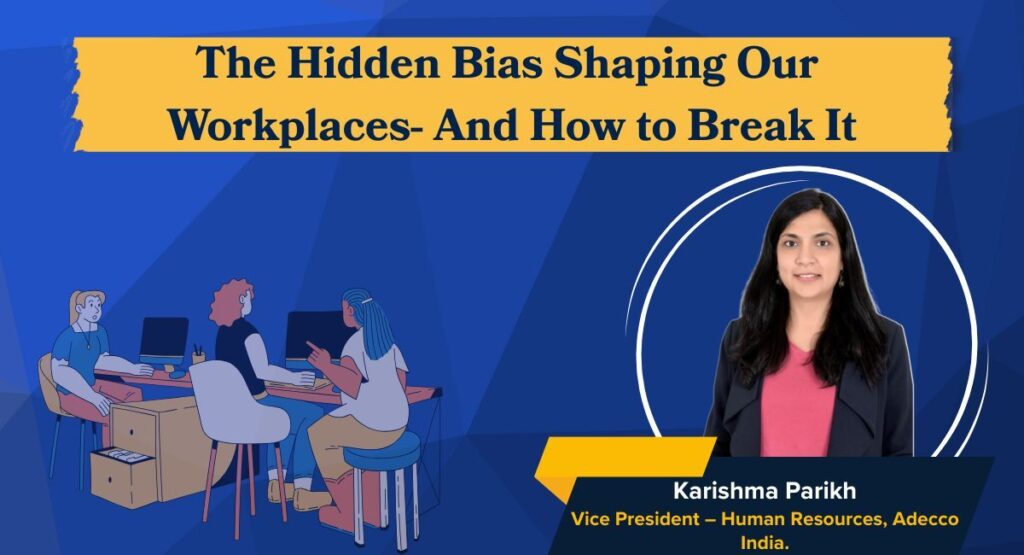“Where do you see yourself in the next five years?”
This one common interview question has been deemed by many candidates as one that they hate answering.
While candidates almost always do end up giving the answer to this question, it seems that with every passing generation, the question is becoming more and more dreaded. Listed as one of the most hated questions by many, the five-year plan question does have its purpose, but it may need to evolve with the changing times.
The Reason Behind the Hate
What exactly is it that makes so many candidates dread talking about their 5-year plans? The answer, at least in the current world, lies in the sheer unpredictability that surrounds us all.
The world is changing at such a rapid pace today that having a 5-year plan might just be more short-sighted than not having one. A prime example of this is the sheer speed with which artificial intelligence has advanced in the world today.
It is no news that ChatGPT has swept across industries and created a world that relies more on novelty of thought and action. Job roles such as Prompt Engineer, AI Trainer, and AI Designer have become increasingly popular across various industries.
What is the release date of ChatGPT? November 30, 2022.
Indeed, ChatGPT and the subsequent generative AIs have reshaped the industries in less than three years. So, if you had asked someone from five years ago just what they would be doing today, the answer would be completely inaccurate, even if unimaginable at the time.
The last five years, in particular, have been some of the most turbulent and fast-paced that many may have seen. A global pandemic, multiple economic ups and downs, the rise of AI, and numerous international conflicts have all proved that the last five years have been nothing if not unpredictable.
As such, it is hardly a wonder that candidates, especially those from the younger generation, hate to answer a question so reliant on assuming that the upcoming five years will see no change.
No One Knows the Future
Being able to predict the future in this day and age is as hard a task as any. Employees in the technical field these days struggle to keep up with the new technologies. Similarly, financial experts remain cautious about the new economic upheaval that might follow in the wake of turbulent political moves.
For Gen Z and Millennial employees, relying on a singular skill set in itself is a huge gamble, let alone relying on a plan that does not account for flexibility with the changes.
So, when asked “Where do you see yourself in the next five years?” candidates might have a ready-made answer, but it might not be true to heart.
How to Explain Your Five-Year Plan?
Being honest about your intentions is a crucial part of any interview. However, a question like this one can make you hesitate. After all, how do you share a plan that you truly believe in when the world around you is changing so much?
The answer is to reveal that sentiment exactly. Explain how you believe in constant upskilling and keeping up with trends.
In order to provide a satisfying but honest answer to this question, candidates need to understand the motive behind the question. Understand that what the recruiters truly want to know is if you plan to stay with them for the long term.
- Share how, five years from now, you see yourself remaining in step with the latest technology.
- Explain how you aim to keep up with evolving trends and how you plan to use them to boost the company’s growth and help it become a leading figure within the industry.
- Elaborate how your growth plans align with the company’s objectives based on the responsibilities of the position you have applied for.
- Highlight what you expect to experience at the company and how you hope to grow alongside the company.
Your answer should be reassuring as well as explanatory. While honesty is important, each interview is a two-way street, where honesty is appreciated but so is assurance that a candidate’s plans do align with the company’s future..
Why Recruiters Ask This Question?
Every interview question has a purpose, and asking about the five-year plan is no different. Through this question, recruiters hope to check the following:
- Does the candidate plan on staying for a long time in the company?
- Does the candidate have a direction?
- Do the candidate’s future plans align with the company?
- Is a candidate organised and aware of what they want?
The motivations behind the question are crucial and important. However, with changing times, recruiters must change their approach and reword what they want to know.
The Alternative
Rather than asking about a specific point that will come after five years, perhaps it’s time to ask just how a candidate hopes to develop their skills during that time. Consider:
“How do you keep yourself up-to-date with evolving technologies?”
This can provide you with an insight into how much a candidate is invested in their growth and how organised they are about the same. Alternatively, you can ask:
“Which new technology in the industry intrigues you the most?”
Not only can this help you assess the candidate’s knowledge, but you can also see if their interests are the same as the company’s.
In the End…
With the evolving times, the concept of five-year plans also needs to change. Candidates, especially from the younger generation, are focusing more and more on flexibility rather than set milestones, and interviewers need to adapt to the changing mindset.
Ask about existing growth plans and current interests to get a better understanding of a candidate’s mindset. With technology changing daily, it is increasingly important to find like-minded individuals who can adapt as the company navigates these changing waters.





